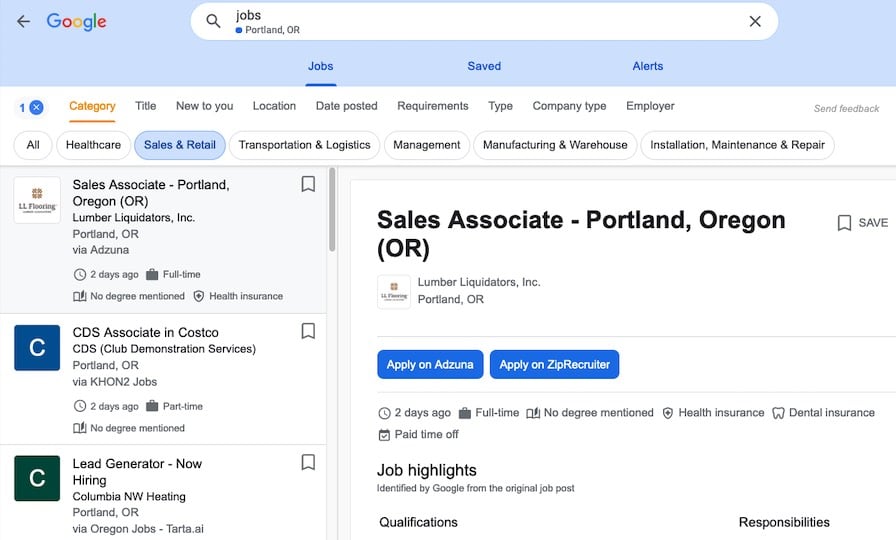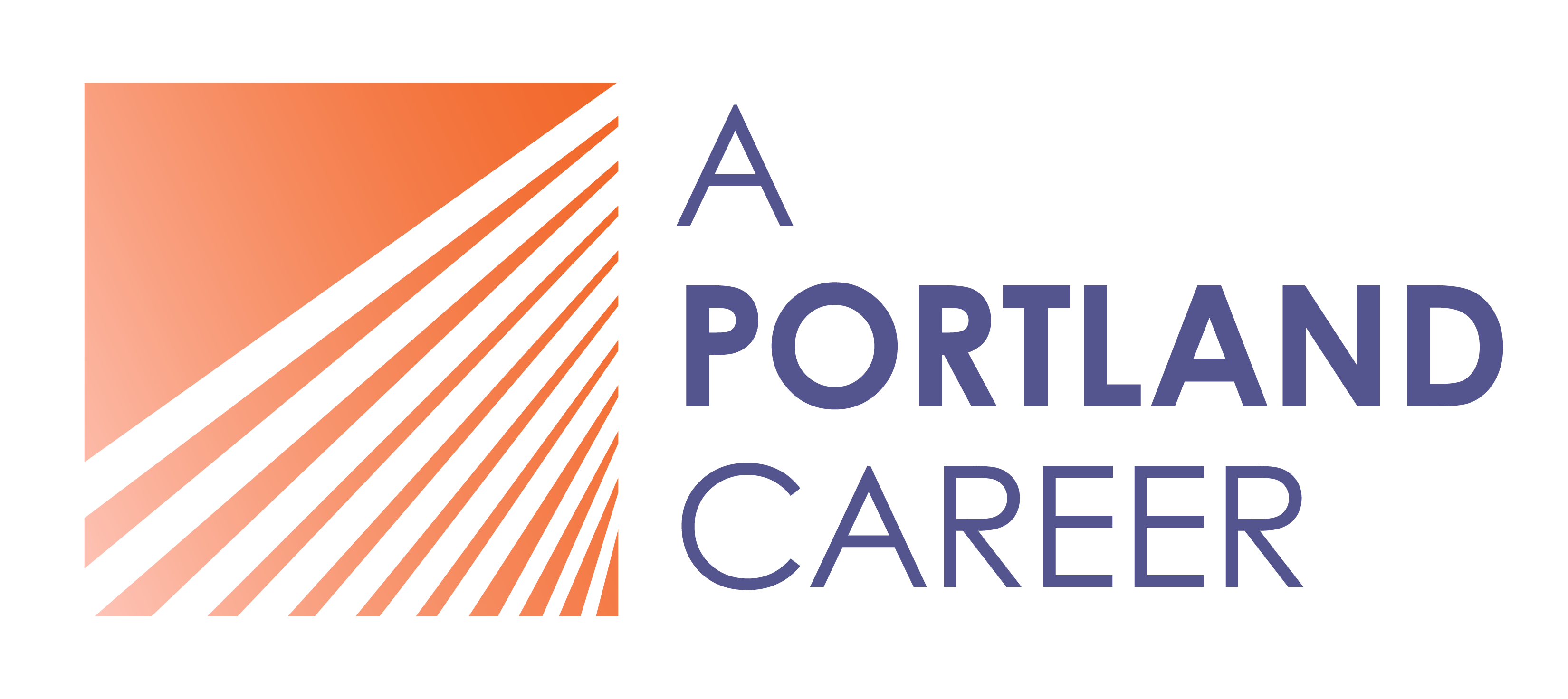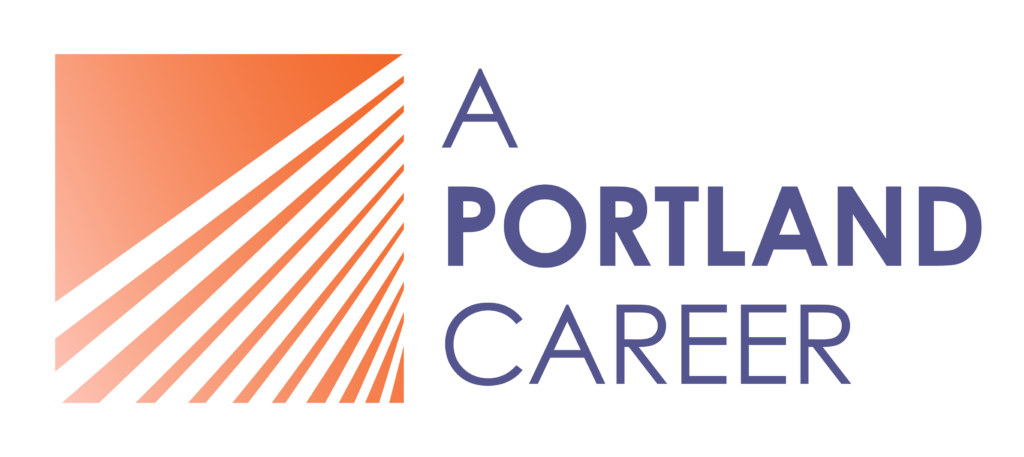Getting hired in a new field is so hard when you don’t meet the job requirements yet. Create your own internship, and gain the experience you need!
Wage a more organized and strategic online job search with these tips from our career experts.
How to Search for Your Next Job Online
By Dan Hahn, M.S., and edited by Jelena Grove and Suzie Sherman
Having trouble finding job opportunities? Talk to us

Finding the right job opportunity isn’t as straightforward as it used to be. These days, the internet is full of job search engines, private recruiters representing human resources departments, company websites, social media listings, mobile apps, remote job fairs—and scams—that can make the whole idea of finding job listings online so daunting you don’t even want to begin. We’ve got you covered.
Where should you look for your next job online? How much time should you spend looking? What tricks can you use to optimize the time you spend looking? What should you apply for?
It’ll be helpful for you to get more specific about what you’re looking for, and learn the tools and tricks that will more easily allow you to find your next job online. In this post we’ll cover how to do that and more, empowering you to quickly sift through the enormity of online job offerings and hone in on the ones you should actually apply for.
Home → Helpful Articles → Job Search → How to Search for Your Next Job Online
We’ve got a ton of articles about how to navigate an effective job search. Here are a few you might find helpful at this step:
- How To Find Remote Jobs: The Insider’s Guide to Your Next Remote Job Search
- LinkedIn For Job Search: 10 Powerful Tips To Find Your Next Job (Without Your Current Employer Knowing)
- The 6 Best Social Media Platforms for Job Seekers — and How To Use Them
- The Best Job Boards in Portland OR and Beyond, and How to Use Them
- How to Avoid These 6 Job Search Procrastination Triggers
- How to Choose a Company to Work For to Level-Up Your Career Satisfaction
If you’re feeling stuck, reach out, and we’ll customize a job search to match where you’re at in the process.
On This Page
- Where should I look for jobs online?
- How much time should I spend scanning online postings?
- Organize and optimize your job search
- Which position should I apply for?
- When should I ignore the rules?
- What to do with your search results
- What if I’m not finding very many jobs?
- Final thoughts on searching for jobs online

Where Should I Look for Jobs Online?
Job seekers should be familiar with several online job search engines. Whether you’re entry-level or a veteran professional, seeking part-time or full-time work, or wanting an in-office or remote work environment there are good resources to pursue. The sites in this list post jobs daily (hundreds of them), and often allow you to set job alerts to notify you of jobs related your desired title or field (read more about why keywords are important below).
Here are some of the job search sites we most often recommend to our clients:
- LinkedIn.com
- Glassdoor.com
- Indeed.com
- Ziprecruiter
- Simplyhired
- Flexjobs
- Careerbuilder
- Specific company websites
Beyond these few big ones, there are plenty of industry-specific job sites and listservs (that a quick Google search can help you find) that have postings related to your qualifications and experience that you won’t find listed anywhere else.
If you’re looking for remote work specifically, you may want to consider a few other online strategies that will help boost your chances of finding the right position for your skills, interests, and goals.
A quick note on LinkedIn: Of the sites listed, LinkedIn reigns supreme. It aggregates job data worldwide to provide more job listings, possibilities online networking and contacting potential employers directly, tools for career research, skills building, and more. For some job openings, you can even submit your job application right from the platform in less than 5 minutes. As you see in the list above, there are plenty of options if you don’t feel like putting together a LinkedIn profile. On the other hand, if you are interested in using the platform but have some reservations, read this article where we break down how to use LinkedIn like a pro (while staying anonymous).

How Much Time Should I Spend Scanning Online Postings?
“Some people should devote no time at all to scanning postings; others should devote more than half of their job search time,” says Marti Nemko, in Cool Careers for Dummies. If you often find postings that match your qualifications, go for it. If you rarely see postings for which you meet the requirements, networking will need to be your primary strategy.
Use the following questions as guidelines to help you decide how much time to spend on job websites. The more “yes” answers you have, the more these sites should be a part of your search, and the more time you should spend scanning them. Just don’t go overboard: limit your time searching online to no more than 90 minutes at a time, a few times a week.
- Do you write and customize resumes and cover letters with ease?
- Do you enjoy time on the Internet?
- Are you more likely to apply to postings than to network?
- Do very few people have your combination of technical skills in your field?
- Is your target job in demand?
- Do you work in technology?
- Are you currently employed in or near your target field?

Organize and Optimize Your Online Job Search
Before you start searching for keywords, get organized
Create your list of favorite websites and job boards to check on a regular basis. For most people, we recommend a mix of two or three general job boards, 15 to 20 employer sites, and two or three career-specific listservs or job sites. Then, schedule the times you plan on scanning them. For example, Monday evenings might be your designated time to review your sites. Bookmark each job site for easy access.
What keywords should I use?
When you begin searching, try entering different combinations of keywords and job titles to see which ones yield the types of jobs you’re actually looking for. If you’re a writer, you may find that searching for “staff writer,”“copywriter,” “content writer,” vs “technical writer” will yield extremely different job descriptions, with different responsibilities, requirements for training and experience, working environments, and salaries.
Once you figure out which keywords best match your field, qualifications, and career goals, add them to a list for easy access so you can repeat your search over time as new jobs become available. You can also set notifications like email alerts and in-site job alerts for your favorite keyword combinations, so you can come back to them again once new opportunities are available.

Which Position Should I Apply for?
First things first: do you have at least a moderate level of interest in this position? If that’s a yes, the next question is: are you qualified? In other words, what are your chances of landing an interview where you can learn more about whether the job meets your needs, from healthcare to salary expectations? (And no, reading company reviews alone isn’t enough.) To determine if you have a reasonable chance, assess the qualifications listed in the position announcement. If you meet at least 75% of the qualifications, it’s worth it to take the time to tailor your resume.
The announcement’s wording can give you clues as to the relative importance of the listed qualifications:
- Is the qualification “required” or “minimum”? A hiring manager told Vicki recently that to make a quick first cut on a stack of resumes, she looks at each to see if the top two or three requirements are met. If not, she tosses it without reading the cover letter or the remainder of the resume.
- Is the qualification identified as “preferred” or “desirable”? It may be fine if you are missing a skill/experience labeled “preferred” or “desirable” rather than “required”.
- Are the qualifications listed in a short want ad or at the bottom of a longer position announcement? If an employer is paying for an ad by the word, they probably have chosen the most important elements for the ad. An employer who lists “Experience with Raiser’s Edge” in a three-line ad is very serious about this requirement. In contrast, an employer who places the same software in a laundry list of desirable skills at the end of a one-page position announcement is likely to be flexible about this “requirement.”
When Should I Ignore the Rules?
There are three reasons to override our good advice and apply when you don’t meet nearly all of the high-priority requirements:
- Consider applying if you know someone of possible influence inside the organization who will put in a good word for you. Vicki’s daughter, Jessica, combed her network relentlessly until she found someone at Michael Hoff Productions who gave the person sorting resumes a call and said, “Don’t overlook that Jessica. She is really great.” She got the interview.
- If you can take less than an hour to tailor a resume and write a cover letter you may want to apply to some long shots. Keep in mind, though, that sinking too much time and pinning your hopes on positions that require qualifications you don’t have can leave you feeling unwanted and demoralized. Most employers no longer send out rejection letters, so your resume might end up going into the “resume black hole.”
- Consider applying if you want to work in a rare field that has more openings than applicants or requires a highly specialized skill you possess. For example, social service jobs that indicate “bilingual in Spanish” or “Russian reading and writing preferred” are going to have a limited number of applicants. These organizations will look more seriously at candidates missing some other qualification. Similarly, if you work in high tech and your knowledge of PHP or Java includes the latest released version, you might be a shoo-in.
If you are still not sure how much job postings are worth your time, give them a test. Actively search for a month and send out resumes. It can’t hurt, and there’s something satisfying about sending in a resume as opposed to networking because you know, without a doubt, that there is an opening.
Vicki had a client who recently came to her after sending out a few hundred unrequited resumes. Not surprisingly, he was in despair. If you find yourself in a position where you haven’t gotten any nibbles after 20 submissions, it’s better to reconsider the high-volume tactic. Chances are, it’s because you lack some qualifications (or your resume doesn’t capture them adequately). If this is your situation, we recommend abandoning the high-volume, Hail Mary approach in favor of applying for fewer, better-matched jobs. Check out more job search tactics we cover in our blog.
What to Do with Your Search Results
You may come across several jobs that sound perfect—and maybe they are! To figure out if you are likely to compete for the job, you must either meet at least the top four skills and experience requirements for the job or know someone inside the organization who can put in a good word for you.
Also, it’s best to apply online only for jobs that have been posted in the last two weeks or have a closing date for submitting applications. If you meet the requirements and decide to apply, you will need to tailor your resume to show that you have the skills and background to do the job.

What if I’m Not Finding Very Many Jobs?
If you find that your search is not bearing much fruit, there are a few tricks you can try:
- Scan the position titles and descriptions for new keywords to try out.
- Reduce the desired salary and expand the geographical range of your search to see if that produces more results.
- Experiment with the same keywords in Seattle, even if you don’t want to move. The Seattle market is twice as big as Portland’s and you can check if your keywords are accurate.
- Follow up with recruiters at jobs you’ve applied for recently to stay fresh in their minds.
Final Thoughts on Searching for Jobs Online
Searching for jobs will teach you a lot about the job market and the skills that are in demand in your field or industry. Pay attention to the following factors to learn more and make yourself more marketable:
- Notice if there are technical skills coming up frequently that you could learn relatively quickly to make yourself more competitive.
- Develop a networking strategy if you are in a field with few job postings. Remember, only 30% of people get jobs without using a networking strategy.
- Identify organizations to follow. Research their websites, follow them on LinkedIn, and see if you can make new connections with people who work there.
Finally, stay persistent and stay connected. Most people actually need to apply to fewer jobs but spend more time tailoring a compelling resume and cover letter for the jobs that are a good fit.
Looking for customized career advice? Schedule a call with us and we’ll see how we can help!
Key takeaways
- Bookmark a mixture of 2-3 general job sites, 15 to 20 employer sites, and 2-3 career-specific listservs or job boards
- Organize your favorite job boards, websites, and relevant keywords, and set aside time each week to redo your search for new listings
- If you meet at least 75% of the qualifications listed for a job, take the time to tailor your resume writing and apply online
- Pay close attention to the wording of job postings, because words like “required,” “preferred,” “minimum,” and “desirable” can clue you into the importance of certain qualifications
- Instead of applying to as many jobs as possible, apply to fewer, better-matched positions and utilize other strategies like networking to boost your chances of getting an interview
Related articles you might be interested in:
How to Game Your Job Search Over 50
Ageism in hiring is real, so you’ve got to game it out. Here are the tools you need to find age-friendly employers and age-proof your LinkedIn, resume, and interviews.
How to Avoid These 6 Job Search Procrastination Triggers
Learn how to avoid these six job search procrastination pitfalls with expert tips and advice from our career counseling team.
LinkedIn For Job Search: 10 Powerful Tips To Find Your Next Job
Optimize your LinkedIn profile to wage an effective job search—without your current boss finding out.





